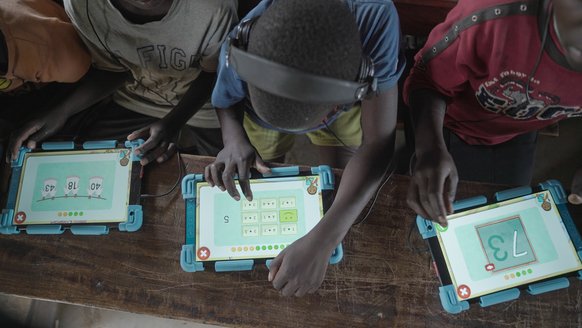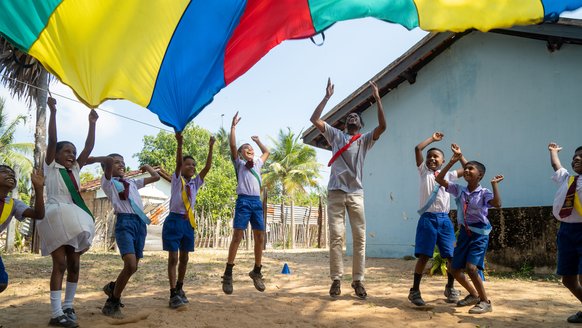I Deal
Dealing with the impacts of war
Growing up in the midst of a war zone has different but often significant effects on children. Their healthy development can be hampered during a period of armed conflict. As a consequence, their life skills may not be sufficiently developed. A child's behaviour can change - some show signs of aggression, others get more fearful, anxious or introverted.
With I Deal, we provide children and youth with theme-based creative life skills trainings. Throughout the programme, children are encouraged to discover their identity and cope with emotions of love and hate. Our creative activities also help children build their self-confidence and gradually learn to trust others again. The name 'I Deal' is no coincidence - children quite literally learn to deal with their pasts and slowly but surely start to (re)define themselves as individuals, preparing for their future.
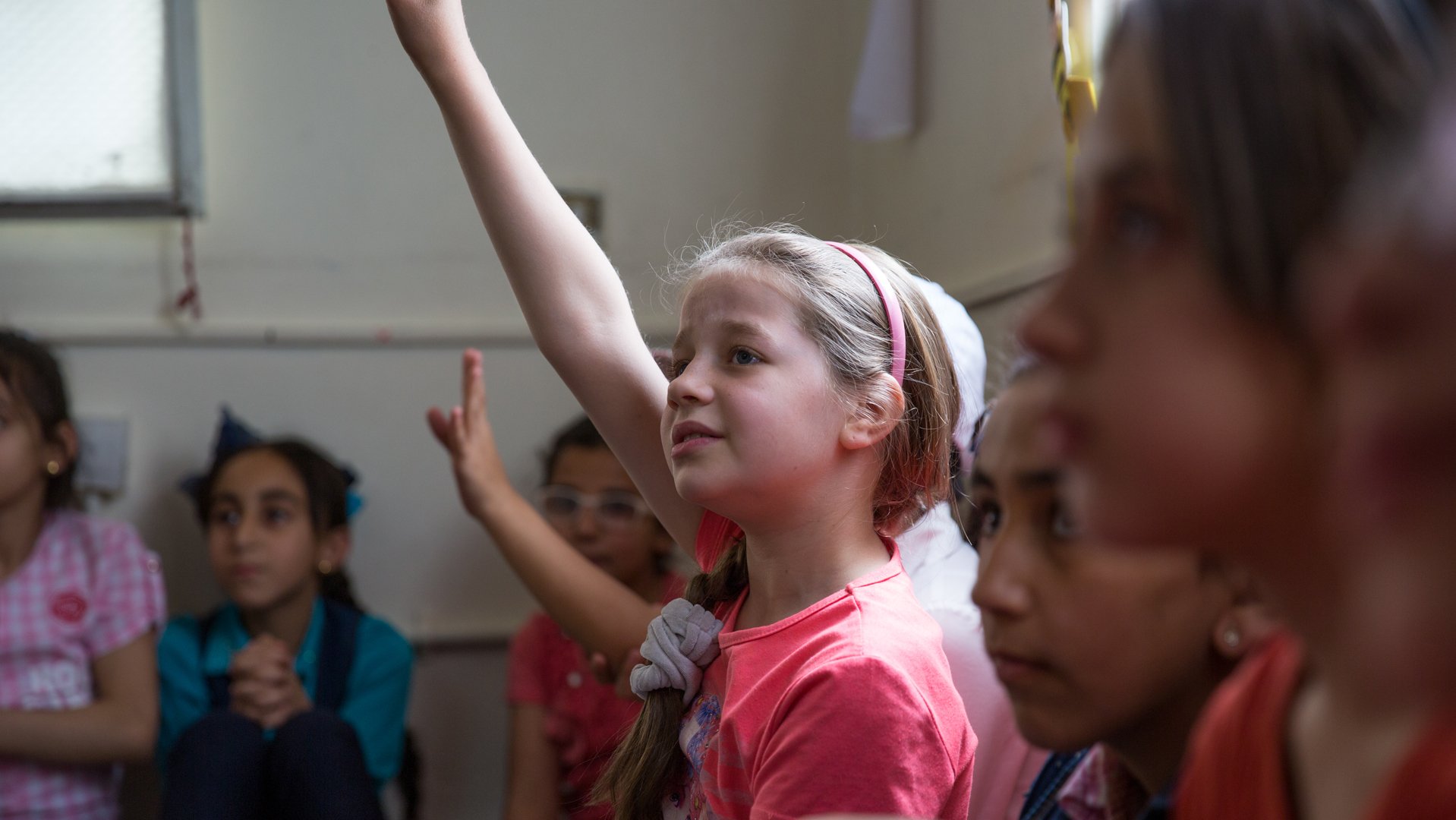
War Child's I Deal programmes provide children and youth in conflict-affected areas with theme-based creative life skills trainings
Photo: War Child
I Deal in practice
At its core, I Deal provides children with a safe space for creative activities, and to play and learn together. For example, the first session oftentimes starts with a game. Generally, the participating children don't know each other yet. To help them get familiar and comfortable with one another - and help them remember their peers names - we've turned this otherwise sometimes tensive process into a game.
It goes like this. Children form a circle and pass around a ball, whilst calling out the name of the recipient. To make things more exciting, one of them is standing in the middle, ready to intercept the ball and - if he or she does so successfully - switch places with one of the children in the circle. It's a simple but effective way to help break the ice and ensure some fun.
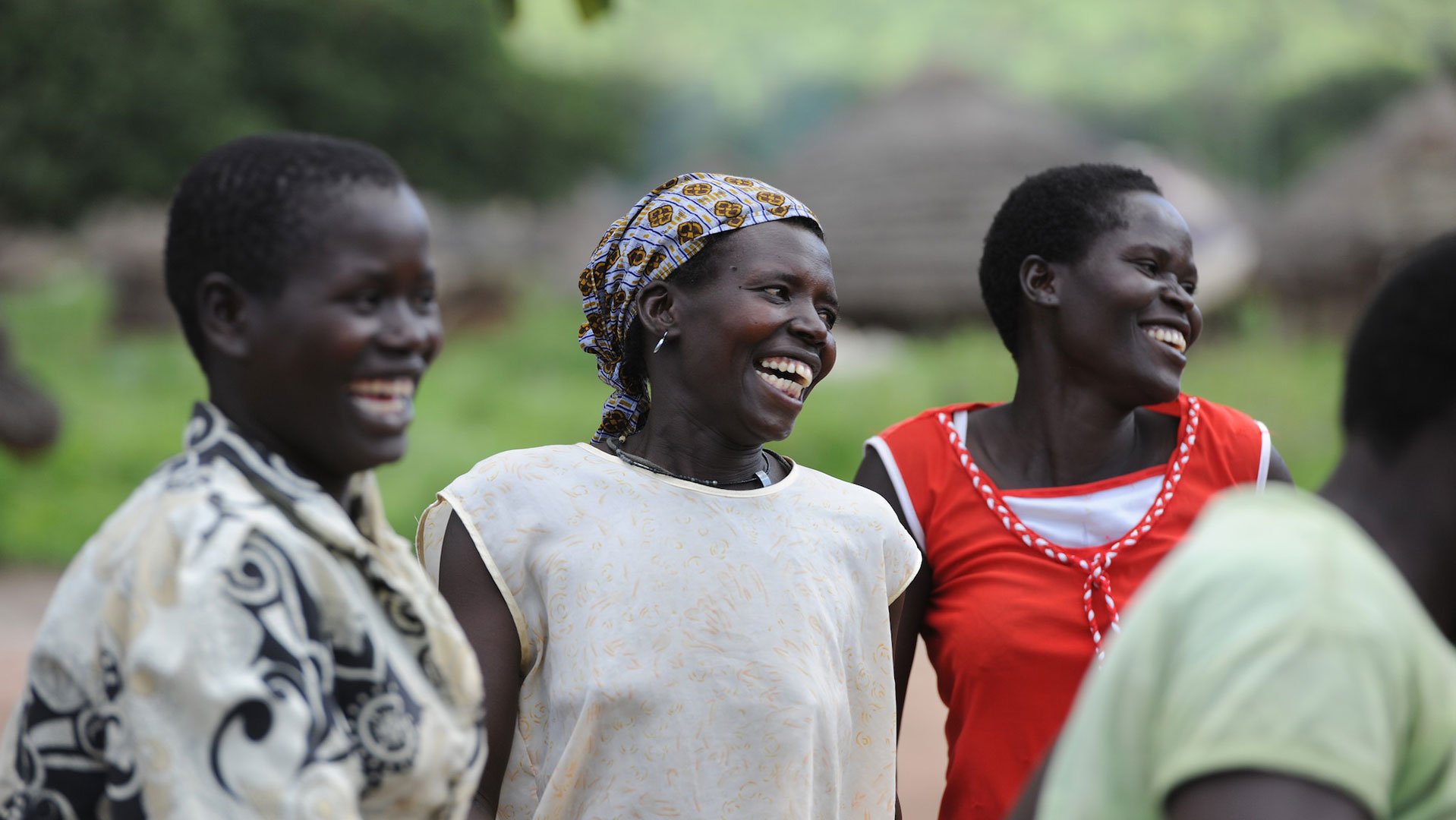
We encourage participants to form and express their opinions through for example theater performances and video productions
Photo: Folkert Rinkema
Role play and group discussions
Of course, exercises such as the ball game described above are only the tip of the iceberg of the creative activities we undertake with the children. Through I Deal we help them discover who they are as individuals. What is it they like - and don't like? They tell us through drawings and paintings. Is there something bothering or upsetting them? Children express their feelings in role plays, and inspire each other with tips. How do children feel about things affecting them or happening around them, like corporal punishment? Participating in group discussions with peers, supervised by our facilitators, energizes them to formulate opinions of their own.
Children participating in our I Deal sessions learn to work together, build essential life skills and develop independent, constructive thinking capabilities. With the help of War Child staff, children are encouraged to form their own points of view and express themselves through among others creative workshops, theater performances and video productions.
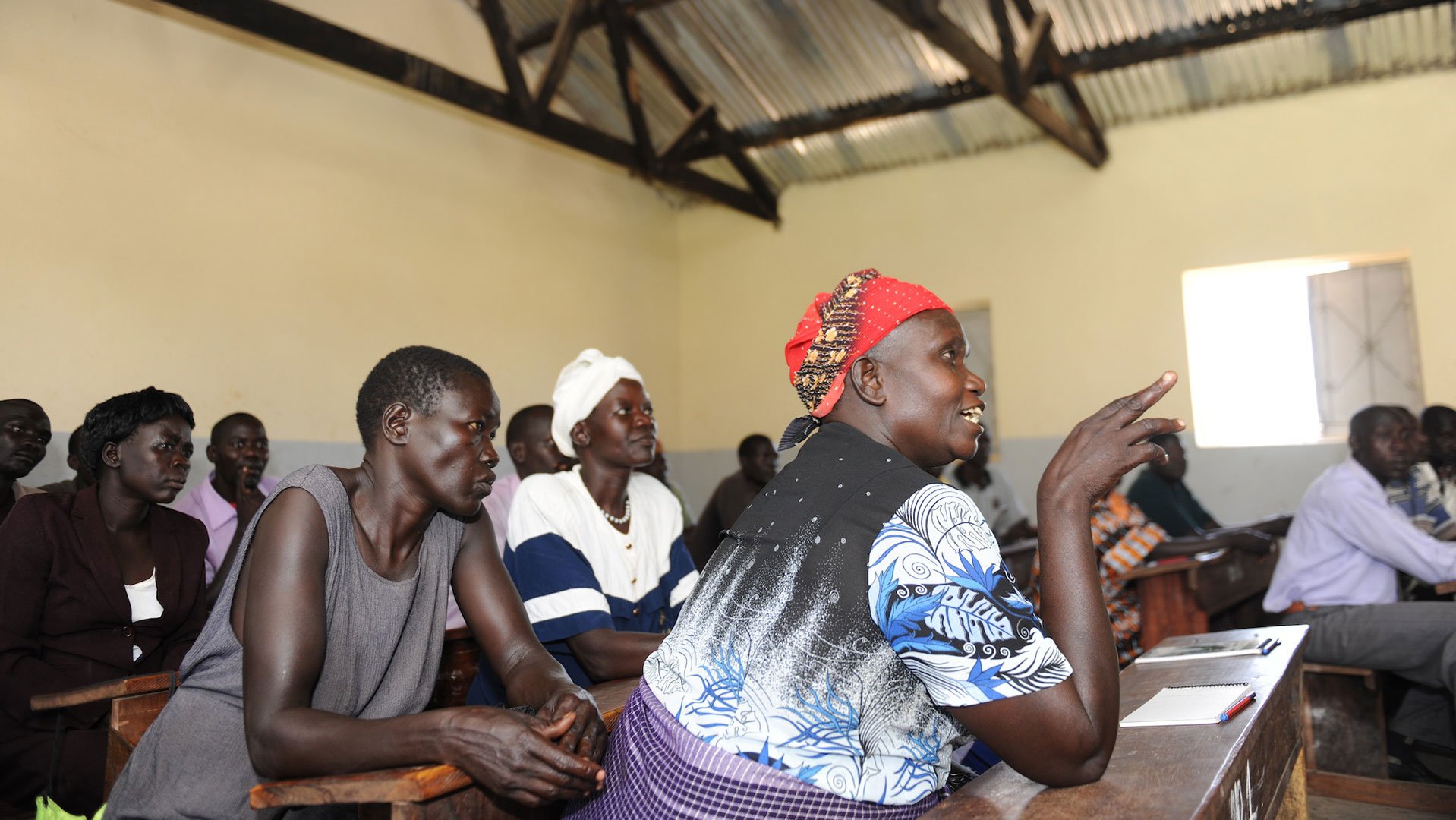
Besides I Deal programmes for children and youth, War Child also offers Parent Deals and She Deals to local communities
Photo: Folkert Rinkema
I Deals, Parent Deals and She Deals
Besides I Deal programmes for children and youth, War Child also offers Parent Deals for parents and caretakers, and She Deals to help teenage mothers, sexually abused girls and girls that have ended up in prostitution. With this multi-level approach, we aim to not just provide support to children and youth, but also their parents and wider communities. In our experience, this is by far the most effective way to make a real, long lasting difference in the lives of children growing up in the midst or aftermath of conflict.
